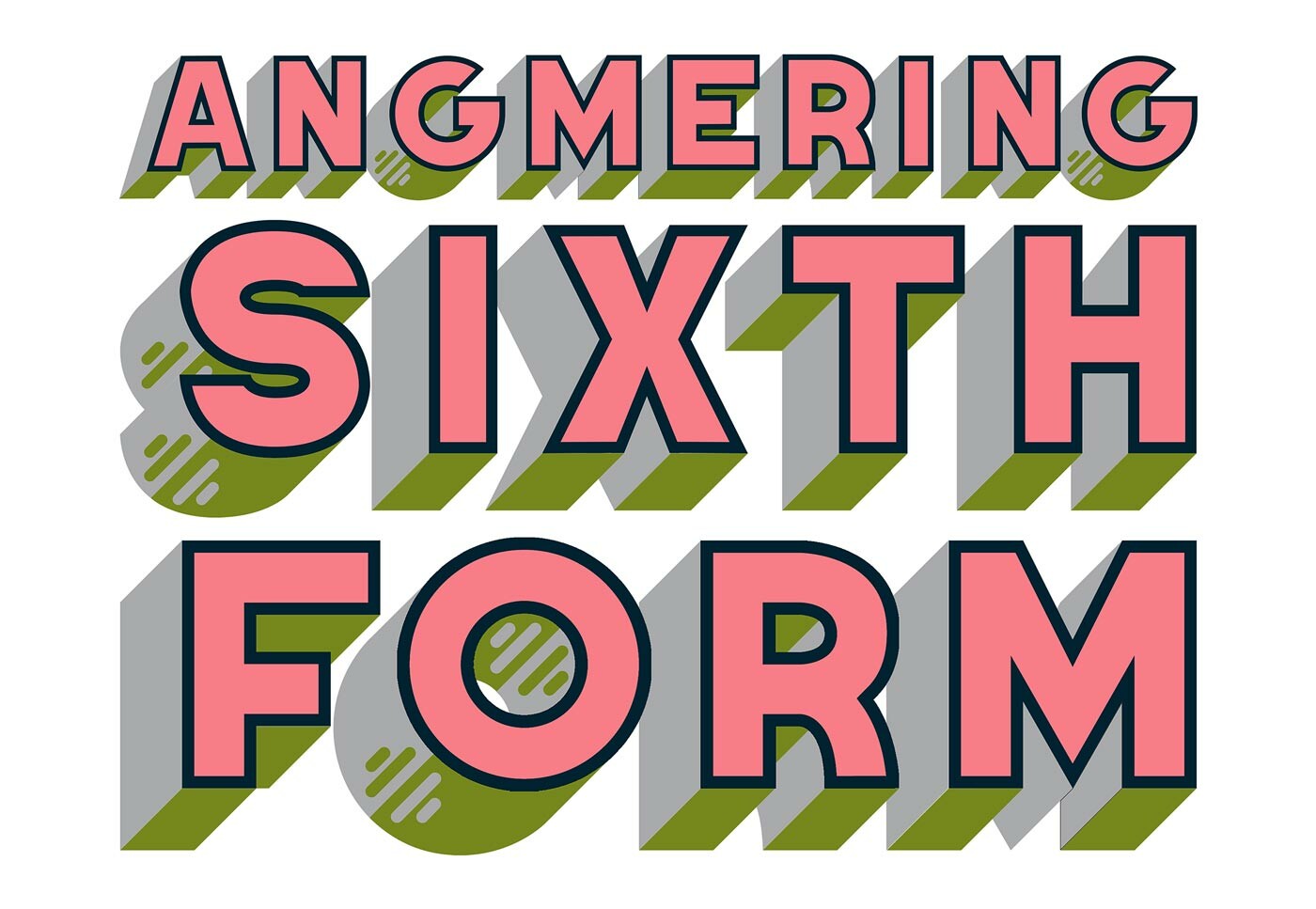English Language and Literature A-Level (OCR)
Course Overview
OCR’s A Level in English Language and Literature (EMC) is a unique and distinctive qualification produced with the English and Media Centre. Together, the English team at OCR and EMC have developed a new A-level that engages students in the study of English and prepares them for university. At A-level, English students explore the richness of language and literature and cultivate their own critical responses. This course enables depth and breadth of study, with flexible content that supports independence, wide reading and creativity.
A-Level English Language and Literature (EMC) presents clear continuity from GCSE English and GCSE English Literature with the study of literary and non-fiction written and spoken texts. The course also enables students to develop their creativity and expertise by producing their own original writing. Students explore texts of greater variety and challenge than those encountered at GCSE and learn to apply linguistic and literary concepts and methods to their analysis of texts.
The aim is to provide a clear and coherent course with concepts and methods clearly defined. There are creative elements to the course and students are encouraged to ‘read as a writer, and write as a reader’. The wide range of text choices and approach to coursework tasks provide great flexibility within a supportive structure.
You will study a broad range of texts, including non-fiction spoken and written texts, novels, poetry and plays, as well as opportunities for creative writing.
A-level students will develop their skills as producers and interpreters of language through independent study and wider reading in an area of particular interest, offering excellent preparation for study at undergraduate level.
| Content Overview | Assessment Overview | ||
| Component 1 | Exploring non-fiction and spoken texts | 1 hour written paper | 16% of total A-level |
| Component 2 | The language of poetry and plays | 2 hour written paper | 32% of total A-level |
| Component 3 | Reading as a writer, writing as a reader | 2 hour written paper | 32% of total A-level |
| Course work | Analysing and producing texts | NEA | 20% of total A-level |
You will show knowledge and understanding of:
- How language choices shape meanings in texts
- Ways in which texts are interpreted by different readers or listeners
- Ways in which texts relate to each other and to the contexts in which they are produced and received
- How linguistic and literary approaches can inform interpretations of texts
- The significance of contextual factors in the production and reception of texts
This combination of English Language and English Literature is relevant to a wide range of potential future careers including: journalism, teaching, language therapist, social worker, marketing and PR, human resources, media. The reading and writing skills acquired are also helpful for other A-level subjects.
You should be on track to achieve a minimum of 5 GCSEs at grades 4 - 9, including a grade 5 in English Language and in English Literature.
Please complete this task before you start the course, and be ready to hand it in on the first lesson in September.

